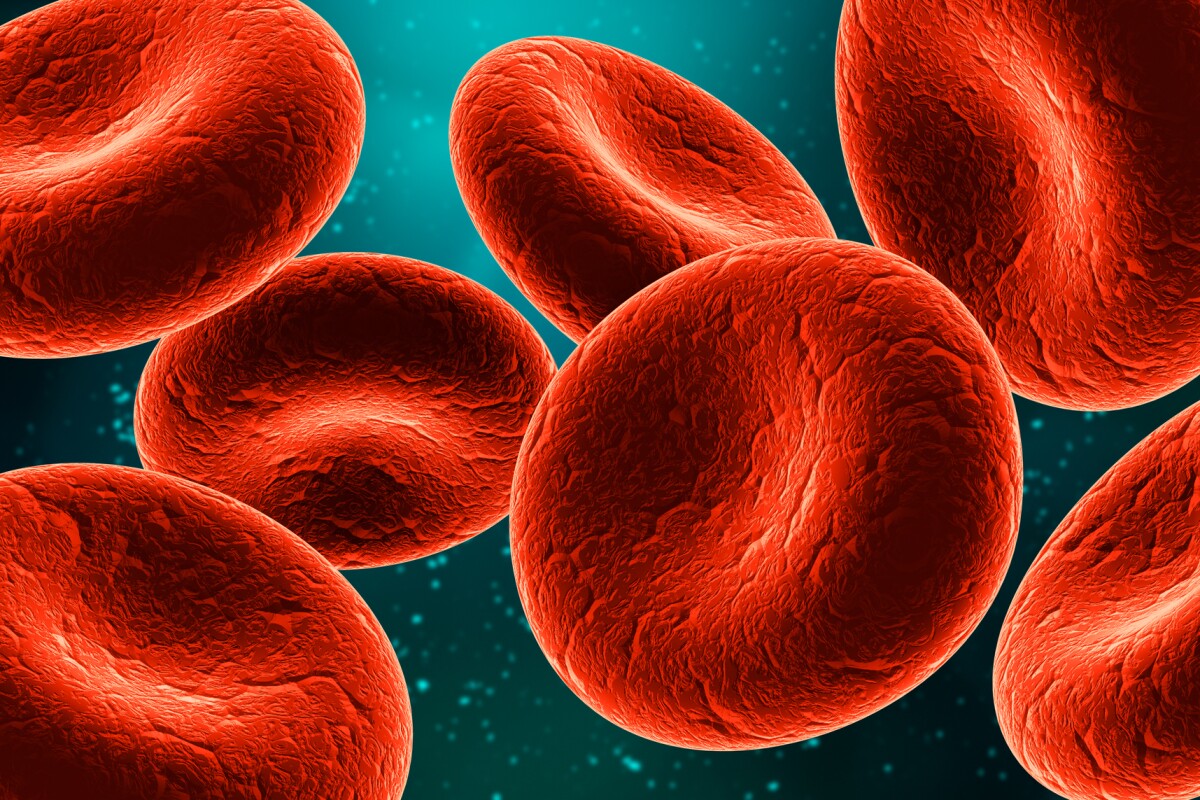
It has been put about that folks have been harvesting children to produce a blood product called adrenochrome. Obviously completely illegal if anyone saw it happen. Nasty though.
Here we now discover we can use known meds to produce the same effects in a manner superior to blood transfusion.
It will not do much to stretch your life, but can provide you with youthful energy and that must be good enough. All good.
Arthritis drug mimics "young blood" transfusions to reverse aging in mice
February 05, 2023
Scientists have used an existing arthritis drug to rejuvenate the blood stem cells of elderly mice
https://newatlas.com/medical/arthritis-drug-young-blood-reverses-aging-mice/
In what sounds like dystopian sci-fi, researchers have recently shown that infusions of youthful blood can improve the health of older people. A new study has found that an existing arthritis drug can effectively rejuvenate blood stem cells, mimicking the benefits of youthful blood transfusions.
From Silicon Valley to Mad Max, the idea of powerful older people harvesting blood from the young pops up throughout pop culture, but it’s not purely fiction. Scientists have experimented by giving elderly mice blood transfusions from young mice, and found that it improved cognitive abilities, increased lifespan and delayed disease.
But the benefits of transfusions are transient, only treating the symptoms. So for the new study, researchers at Columbia University, Cambridge and UC San Francisco investigated how to rejuvenate the entire blood production system.
“An aging blood system, because it’s a vector for a lot of proteins, cytokines, and cells, has a lot of bad consequences for the organism,” said Emmanuelle Passegué, corresponding author of the study. “A 70-year-old with a 40-year-old blood system could have a longer healthspan, if not a longer lifespan.”
Blood cells are produced by stem cells located in the bone marrow, and the team started by exploring the environment, or “niche”, in which these stem cells exist, and how it changes during aging in mice. They found that over time, the niche deteriorates and becomes overwhelmed by inflammation, which impairs the blood stem cells.
On closer inspection, the scientists identified one particular inflammatory signal, called IL-1B, as critical to impairing the blood stem cells. And since this signal is already implicated in other inflammatory conditions, such as rheumatoid arthritis, there are already drugs in wide use that target it.
Sure enough, the researchers used an arthritis drug called anakinra to block IL-1B in elderly mice, and found that the blood stem cells returned to a younger, healthier state. This helped improve the state of the niche, the function of the blood stem cells and the regeneration of blood cells. The treatment worked even better when the drug was administered throughout the life of the mice, not just when they were already old.
Of course, it’s still early days for this research, and results in animal tests don’t always translate to humans. But the team is optimistic that clinical testing could happen sooner rather than later, since the drug is already in use in humans.
“Treating elderly patients with anti-inflammatory drugs blocking IL-1B function should help with maintaining healthier blood production,” said Passegué.
The research was published in the journal Nature Cell Biology.
No comments:
Post a Comment